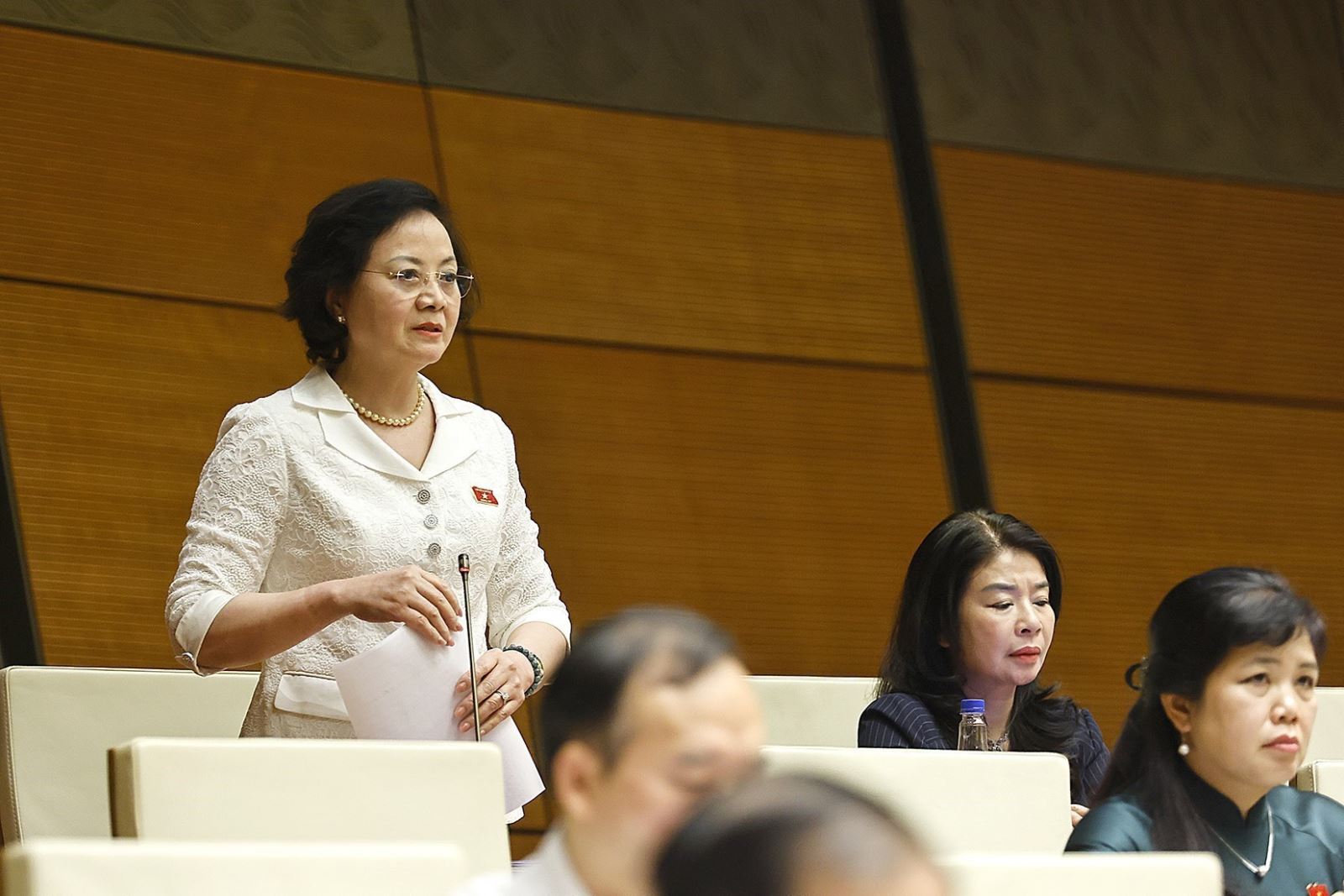
Deputy Prime Minister Pham Thi Thanh Tra said that this is a very fundamental change from administrative management to creative and people-serving management and from a passive administrative state to proactive local management, a very important foundation and root for the implementation of modern national management as well as the development and happiness goals of the people. This change is very big for the entire political system, the entire state administration, and all cadres, civil servants, and public employees.
Deputy Prime Minister Pham Thi Thanh Tra pointed out that first of all, we must make a revolution for ourselves, in terms of ideology, psychology, thinking, knowledge, working methods, public service spirit and public service culture. When we have a big change from the administrative revolution, it forces each cadre, civil servant, and public employee of the administrative system in particular and the entire political system in general to change accordingly.
In fact, it has only been nearly 4 months since the two-level local government was put into operation compared to the 80-year history of nation building, so the initial difficulties, problems, and shortcomings need to be shared. "We cannot be hasty, not perfectionist, but we cannot delay, not lose opportunities. We cannot be perfectionist, we must do, adjust, and perfect all aspects at the same time to best meet the needs of two-level local government operations," Deputy Prime Minister Pham Thi Thanh Tra emphasized.
Deputy Prime Minister Pham Thi Thanh Tra also affirmed that after 4 months of operating the 2-level local government, we have achieved great results.
Firstly, it was the successful organization of the revolution to rearrange the country and reorganize the state administration.
Second, it is necessary to implement the entire institutional and policy system in a synchronous and comprehensive manner, and provide administrative guidance for localities to implement unclear issues.
At the National Assembly forum, the Government acknowledged and highly appreciated the efforts of the entire local political system over the past four months under the conditions of our extremely urgent work, "running and queuing at the same time", but from the Central to the local levels, we have worked synchronously and resolutely to complete a huge amount of work.
Up to now, the operation has been basically stable, smooth, continuous, synchronous and recognized by the people. Many localities have creative and flexible ways of working and have promptly resolved arising problems for the administrative system with very clear efficiency.
However, Deputy Prime Minister Pham Thi Thanh Tra pointed out that this is a new and unprecedented issue and a complete change in thinking and management methods, so difficulties and problems are inevitable, especially in terms of awareness, changing the state and working methods also requires more time.
Deputy Prime Minister Pham Thi Thanh Tra also proposed key solutions in the coming time, which is to focus on perfecting the institutional and policy system. During the 9th session, the National Assembly issued 34 Laws and in this session will continue to issue 49 Laws related to the complex political system, including the operation of the state administration.
At the same time, we will continue to perfect the very fundamental issues of organizational structure, staffing, basic issues for classifying administrative units, administrative unit standards and related contents.
Deputy Prime Minister Pham Thi Thanh Tra said: "By the end of 2025, with the responsibility of being in charge of the Home Affairs sector, I will direct how we can fundamentally perfect the institutional system and build a system of appropriate legal documents."
Next is how to build a team of cadres, civil servants and public employees that can meet the requirements of operating a two-level local government, especially at the commune level. Currently, in many places, there are both excess and shortages of commune-level cadres and civil servants, and some are not suitable for their expertise, but based on a synthesis of 34 provinces and cities, the number of commune-level cadres and civil servants is not lacking.
Deputy Prime Minister Pham Thi Thanh Tra pointed out that, on average, nationwide, there are 41.3% of commune-level cadres and civil servants, of which 5.38% are not suitable for their expertise, but in practice, there are many new problems that cannot be resolved immediately. Therefore, the Government is focusing on directing the Ministry of Home Affairs to complete the job position framework to clearly define job positions, especially at the commune level.
Completing the conditions to create a legal basis for the allocation of staff to ensure the correct number of staff for the entire political system and the commune level is only a temporary guide. Staff will be allocated in the period 2026 - 2030, but in the immediate future, localities must proactively review, evaluate the structure and consider to ensure the team to operate the commune-level government, especially in some positions such as finance, land administration, environment, information technology, construction, justice...
"We can recruit and transfer provincial-level officials and civil servants to the grassroots. We have issued instructions on this matter and are urgently training and fostering them. The Government will assign the Ministry of Home Affairs to develop a project to train and foster communal-level officials and civil servants until 2030," said Deputy Prime Minister Pham Thi Thanh Tra.
Next is to review and supplement the planning and development plans of each locality and strengthen design resources and financial mechanisms suitable for the 2-level local government model. This also needs to be done immediately to meet the fundamental, immediate and long-term requirements of 2-level local government.
Deputy Prime Minister Pham Thi Thanh Tra said that we should continue to promote digital transformation and AI application in building e-government and digital government. The spirit of Resolution 57 of the Politburo as well as the direction of the Government is very strong and has made changes. However, in terms of information technology infrastructure and physical facilities, there are still some aspects that are not guaranteed.
The Government as well as localities need to focus on prioritizing investment to promote digital transformation so that the digital transformation movement of industries can be deployed synchronously and drastically in every household and every person.
Localities focus on handling difficult and complicated issues arising within their jurisdiction. Basically, in terms of institutions, there are only a few issues regarding the organization of the investment, finance and budget apparatus that need to be improved. This is a task for localities to be extremely proactive.
"If we are passive, it will be very difficult to implement the operation of the two-level local government. We hope that localities will quickly handle the issue, especially the issue of handling public assets. Regarding administrative reform, we need to continue to cut down administrative procedures and simplify administrative procedures so that we can solve them as required," Deputy Prime Minister Pham Thi Thanh Tra said.
Next is to innovate the governance method and focus on creating, developing and serving the people. The General Secretary has talked about this a lot and the Prime Minister has made a very high request, so we need to pay attention to building a government close to the people, serving the people. This is a big goal to create and develop the country in the new period.
Source: https://baotintuc.vn/thoi-su/chinh-quyen-dia-phuong-2-cap-da-chuyen-trang-thai-tu-thu-dongsang-chu-dong-quan-tri-20251029171918225.htm


![[Photo] Prime Minister Pham Minh Chinh chaired a meeting to discuss solutions to overcome the consequences of floods in the central provinces.](https://vphoto.vietnam.vn/thumb/1200x675/vietnam/resource/IMAGE/2025/10/29/1761716305524_dsc-7735-jpg.webp)
![[Photo] Human love in the flood in Hue](https://vphoto.vietnam.vn/thumb/1200x675/vietnam/resource/IMAGE/2025/10/29/1761740905727_4125427122470875256-2-jpg.webp)
![[Photo] Prime Minister Pham Minh Chinh chaired a meeting to evaluate the operation of the two-level local government model.](https://vphoto.vietnam.vn/thumb/1200x675/vietnam/resource/IMAGE/2025/10/29/1761751710674_dsc-7999-jpg.webp)

![[Photo] Hue: Inside the kitchen that donates thousands of meals a day to people in flooded areas](https://vphoto.vietnam.vn/thumb/1200x675/vietnam/resource/IMAGE/2025/10/29/1761738508516_bepcomhue-jpg.webp)

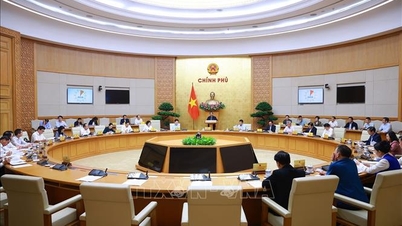
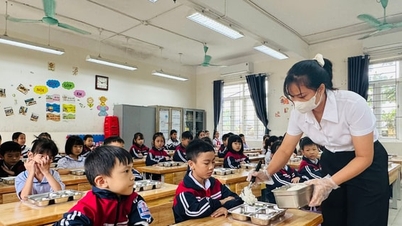

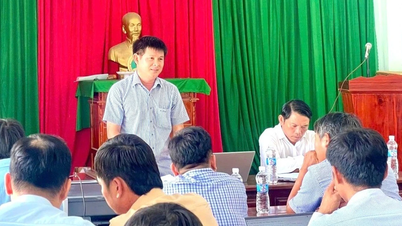

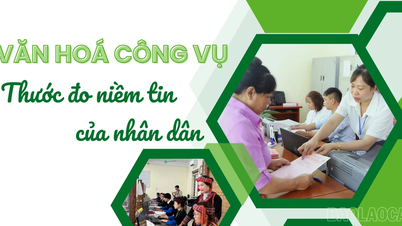

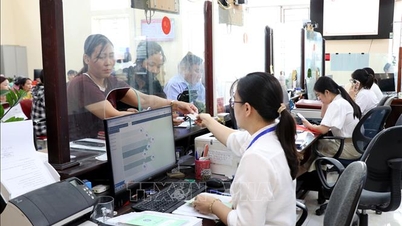
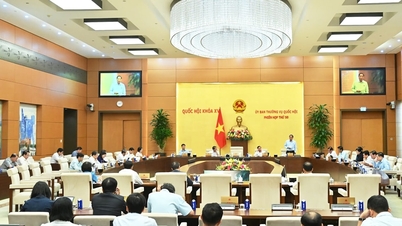


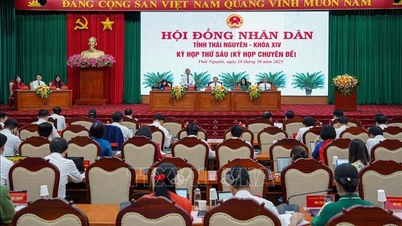

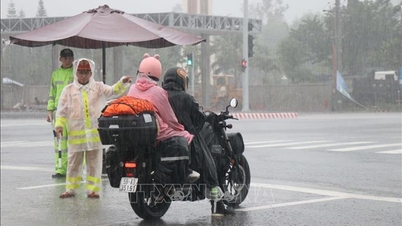
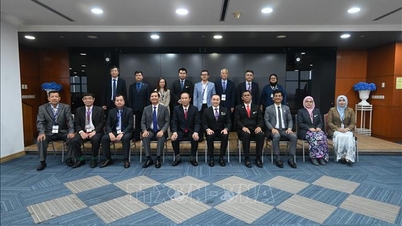
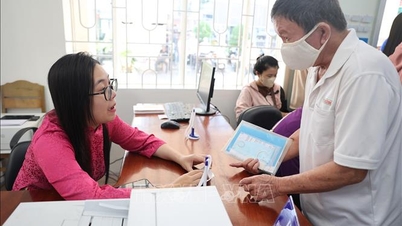




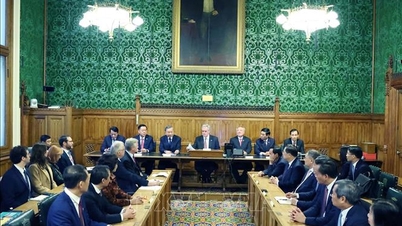
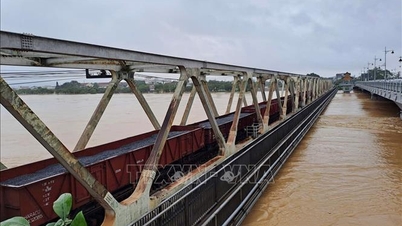
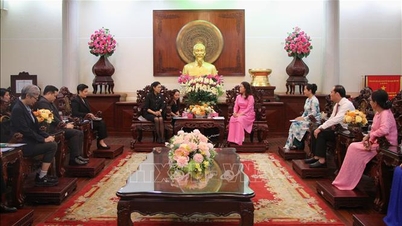
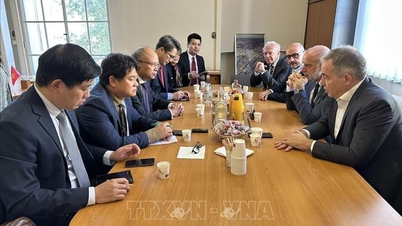
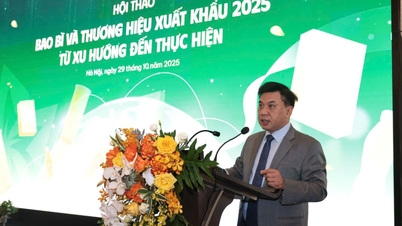





































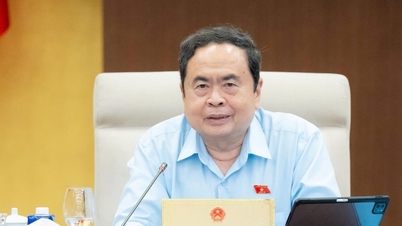
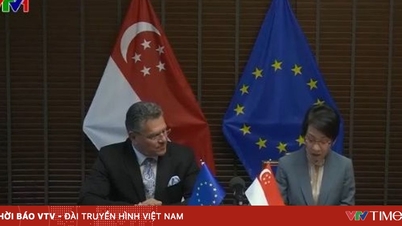
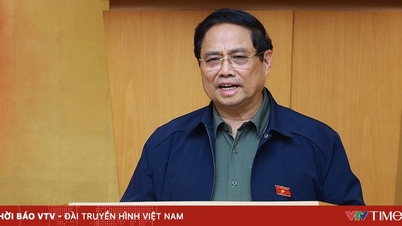
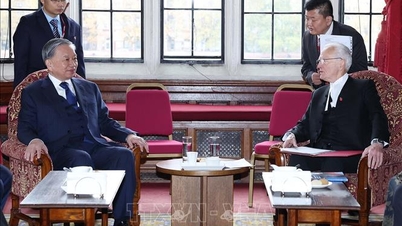
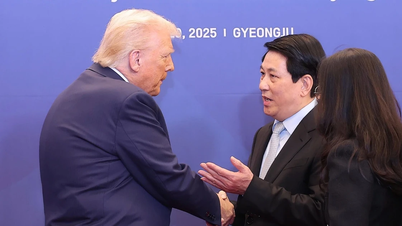



![[Live] Concert Ha Long 2025: "Heritage Spirit - Brightening the Future"](https://vphoto.vietnam.vn/thumb/402x226/vietnam/resource/IMAGE/2025/10/29/1761743605124_g-anh-sang-am-thanh-hoanh-trang-cua-chuong-trinh-mang-den-trai-nghiem-dang-nho-cho-du-khach-22450328-17617424836781829598445-93-0-733-1024-crop-1761742492749383512980.jpeg)



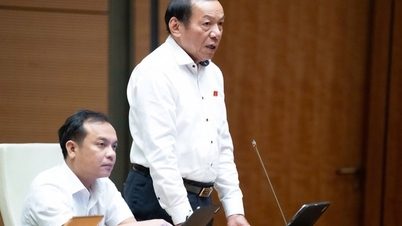








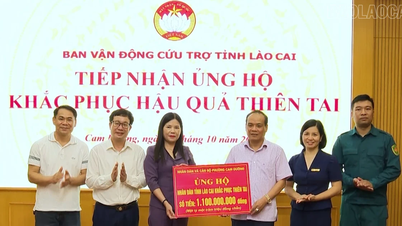
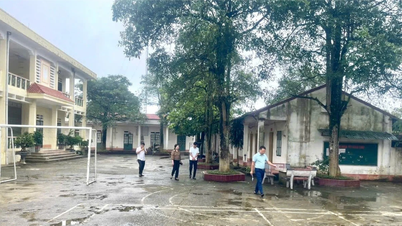














Comment (0)